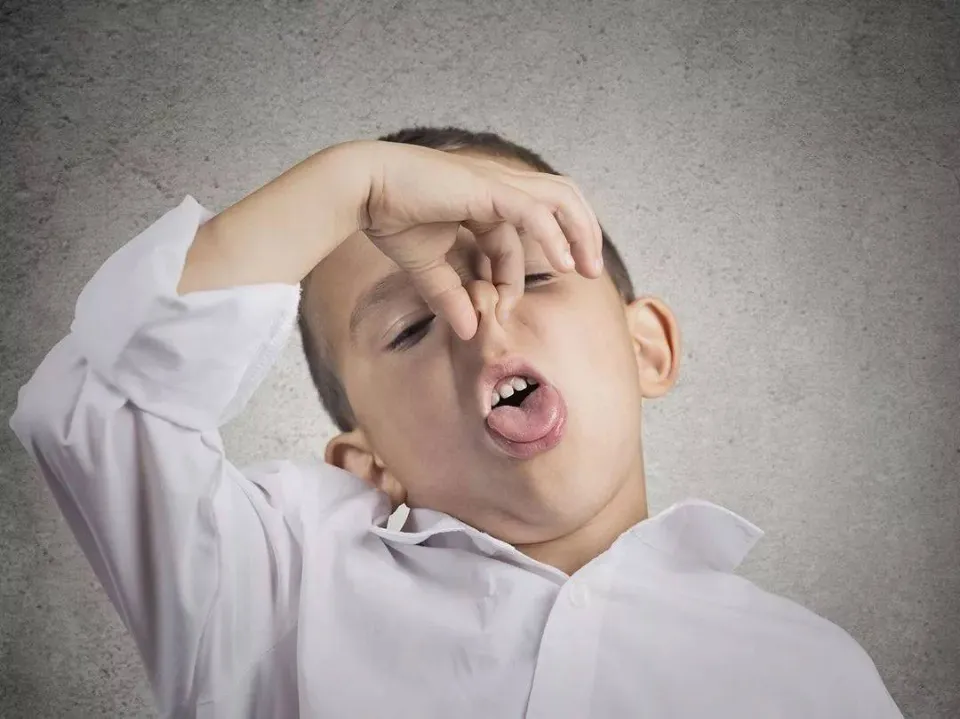
Bad Breath After Tooth Extraction – Reasons & How to Treat
Having a tooth pulled, as well as many other oral surgeries, frequently results in bad breath. In addition to being unpleasant, bad breath after tooth extraction may indicate a more serious issue. It is typically not a reason for immediate worry, though, as many of the more severe issues that could arise after tooth extraction are accompanied by other, more obvious symptoms.
A number of things, including poor oral hygiene, bacterial infections, dry mouth, post-extraction bleeding, and dry socket, can lead to bad breath after tooth extraction.
In this article, we’ll talk about the reasons why people experience bad breath after tooth extraction and how to avoid it.
Causes of Bad Breath After Tooth Extraction
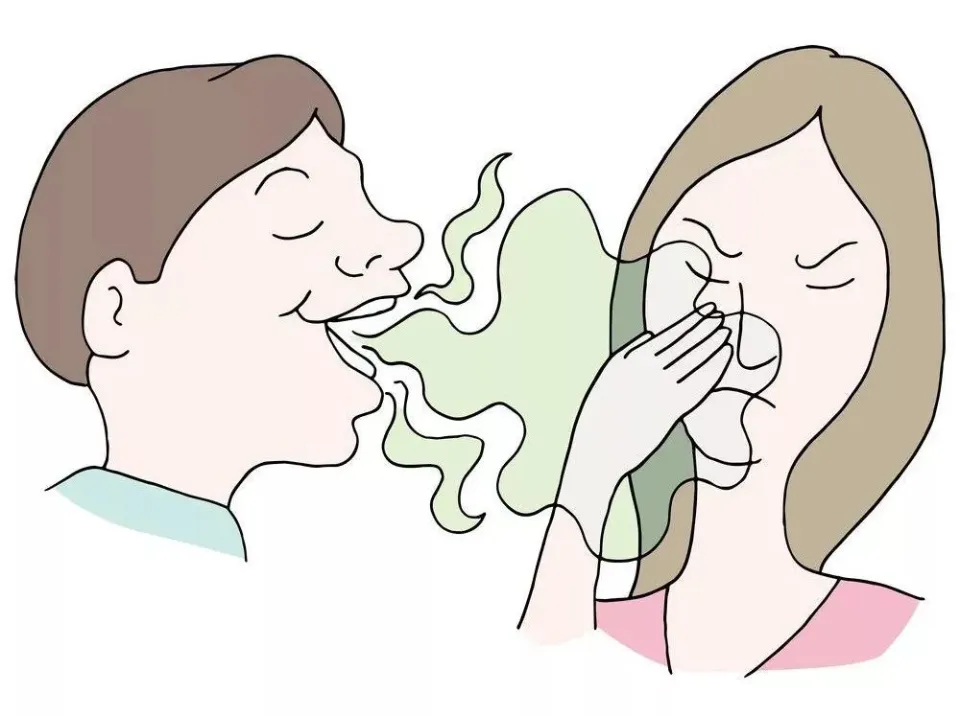
- Bacterial Infection
Bacteria that infect the tooth extraction wound can occasionally result in bad breath after the procedure. Breath is carried out of your mouth by numerous types of oral bacteria that produce odious chemicals. A fever, pus, and excruciating pain are frequently present in these situations in addition to the bad breath. Ask your dentist right away for treatment if you notice any of the signs of an infected wound.
- Post-Surgery Bleeding
Your gums may continue to bleed a little after surgery is not unusual. Your breath might smell bad because of the blood that builds up in your mouth, especially over night. You should visit your dentist to determine whether there is a problem if bleeding continues after a tooth extraction.
- Dry Socket
When the blood clot covering the empty tooth socket fails to form properly or becomes dislodged, the exposed bone is exposed to debris, leading to the condition known as a dry socket. After wisdom tooth extractions, dry socket is most frequent. If you smoke or don’t follow your dentist’s post-surgery instructions, you run a higher risk of developing a dry socket.
- Poor Oral Hygiene
After having a tooth extracted, it can be uncomfortable to properly brush your teeth; as a result, many people avoid or only lightly brush the area in question. As a result, bacterial plaque can develop, which increases the likelihood that food will become stuck between your teeth and begin to rot and smell bad.
Maintaining good oral hygiene is crucial after tooth extraction because you have a wound in your mouth that needs to be guarded against infection.
- Dry Mouth
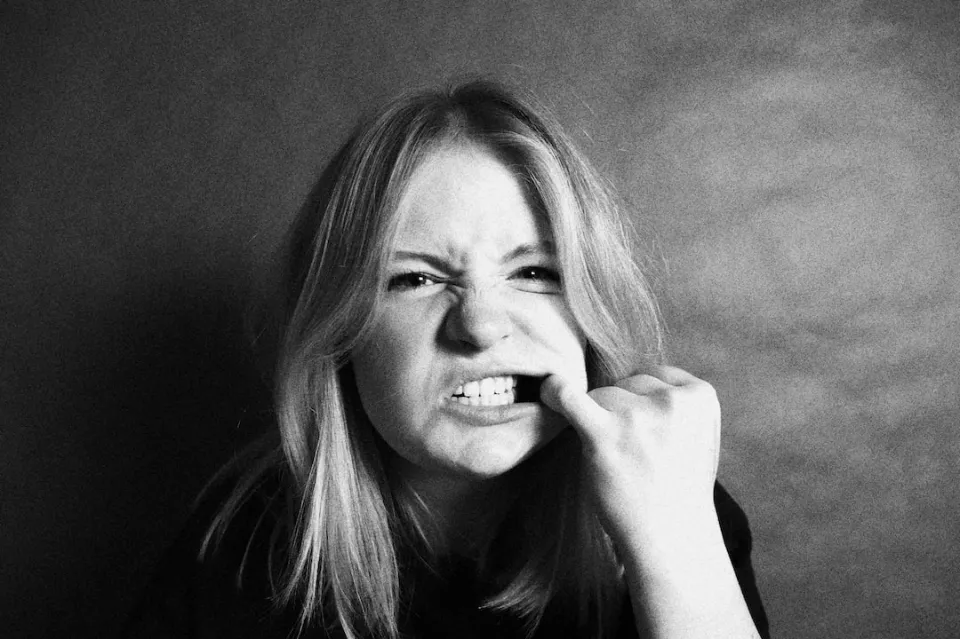
Saliva is a vital chemical that your body uses to naturally clean your mouth in addition to aiding in food digestion. Saliva is essential for flushing bacteria and the unpleasant chemicals they produce from your mouth. You develop bad breath when your saliva production declines and this process is improperly carried out.
Many of the painkillers that are prescribed after tooth extraction have the side effect of decreasing salivation as a common side effect. It is typical to wake up with a very dry mouth after having a tooth extracted because you will have a breathing tube placed while you are under anesthesia, leaving your mouth open throughout the procedure.
Read More: How Long To Keep Gauze In After Tooth Extraction
Why Do Wisdom Teeth Stink?
Halitosis, another name for bad breath, is a common problem. Approximately 30% of the population is impacted by it. In some cases, however, wisdom teeth may be a contributing factor or the primary cause of bad breath. Even though bad breath caused by your wisdom teeth can be uncomfortable on its own, it may be a sign that something is wrong.
It’s challenging to keep your wisdom teeth clean because they are in the back of your mouth. Due to the limited amount of room, this third set of molars frequently only partially erupts out of the gums or even becomes impacted, meaning the teeth are partially or entirely trapped in your gums or jawbone. Because of a combination of these factors, infections like tooth decay and gum disease are very likely to affect wisdom teeth. Furthermore, as research has shown, oral infections frequently present with bad breath.
It’s time to visit a dentist to determine whether you should think about extraction if you suspect your wisdom teeth are the cause of bad breath. Having said that, it’s significant to remember that removal isn’t always required. Only if your wisdom teeth are causing problems now or could potentially cause problems in the future should extraction be considered due to some potential drawbacks, such as pain and infection.
You might believe that your bad breath woes are over if your dentist or oral surgeon recently removed your wisdom teeth. But you’re not alone if, following the extraction, you continue to smell bad. Discover the most frequent reasons for bad breath after wisdom teeth removal by reading on.
How to Deal With Bad Breath After a Tooth Extraction?
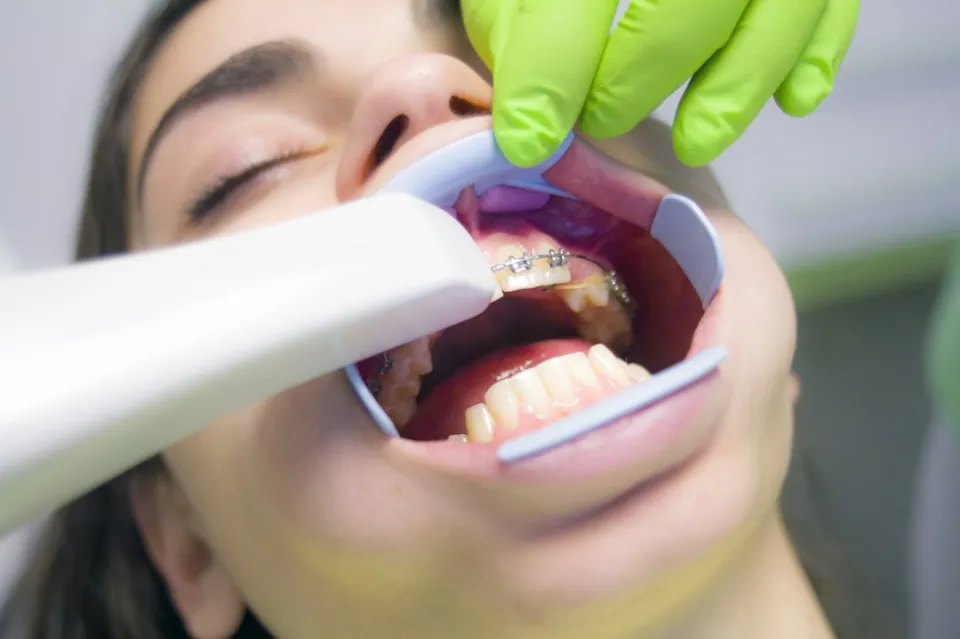
The most crucial and efficient treatment for bad breath after tooth removal is to practice good oral hygiene. Ask your dentist for advice on how to brush the affected area without interfering with the healing process and purchase a toothbrush with extremely soft bristles. Following the initial few days, brush your teeth after every meal and gargle with mouthwash. Also, remember to brush your tongue because it can carry a lot of bacteria that can easily spread to your empty tooth socket.
The quickest way to remove any additional bacteria that may have amassed in your mouth due to dryness after surgery is to use mouthwash. Mouthwash shouldn’t be used for the first 24 hours after having a tooth extracted because the wound is still raw.
Drink plenty of water but avoid excessive rinsing and spitting, as this will remove the saliva that protects your mouth from bacteria and washes away chemicals that can cause odor, as the dryness itself will contribute to the causes of bad breath after oral surgery.
Smoking makes it more likely that you will experience dry mouth and increases your risk of developing a dry socket. Smoking can also significantly slow down the rate at which a wound in your mouth heals. Consider switching to a delivery method that does not involve smoking, like vaping, if you are unable to completely give up nicotine during your recovery period. Even though this still hinders wound healing, it is much less harmful than smoke from cigarettes.
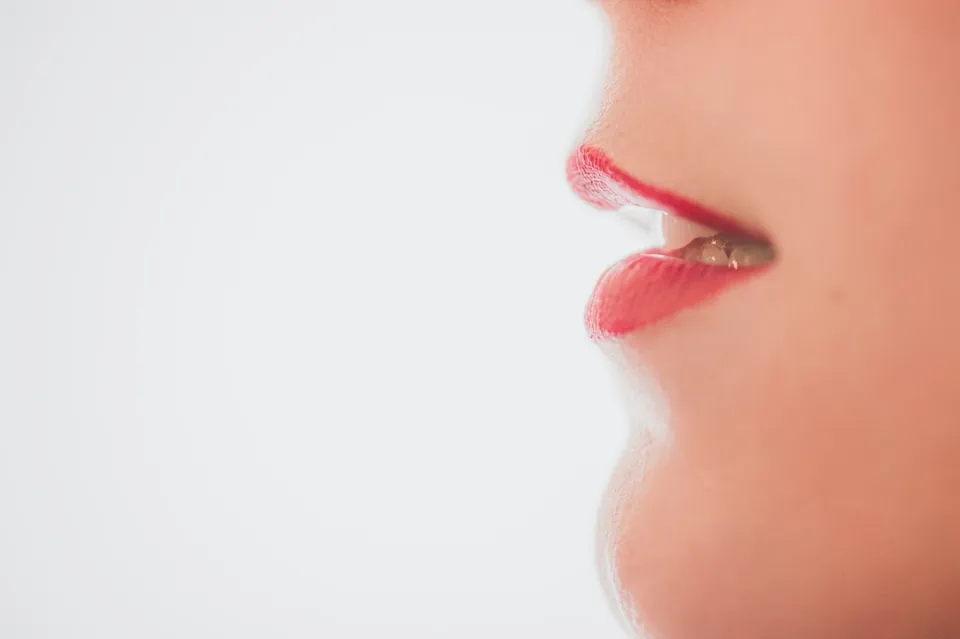
Conclusion
There is no need to be alarmed if you experience bad breath after having a tooth extracted. It is unlikely that you have a serious issue if you don’t have any other symptoms like pain, bleeding, or a fever. But if your bad breath still exists after a day or two, you should visit your dentist to make sure nothing is wrong and to get their opinion on what might be the source of your problem.
After surgery, if you experience any additional uncomfortable side effects, you should talk to your dentist about them as they may indicate a more serious problem.
FAQs
Should I Use Mouthwash After Tooth Extraction?
After tooth extraction, mouthwash use can result in a dry socket, which can be painful and irritable. Your dentist advises against using mouthwash immediately following tooth extraction procedures in order to avoid unneeded complications that could negatively affect you.
How Long Do You Have Bad Breath After Tooth Extraction?
However, if your bad breath still exists after a day or two, it is a good idea to visit your dentist to make sure nothing is wrong and to get their guidance on what may be the cause for you.
Does Bad Breath Mean Dry Socket?
You run the risk of getting an infection if bacteria get into your exposed socket. Bad breath, which is a clear sign you have a dry socket, is frequently caused by mouth infections.





Average Rating